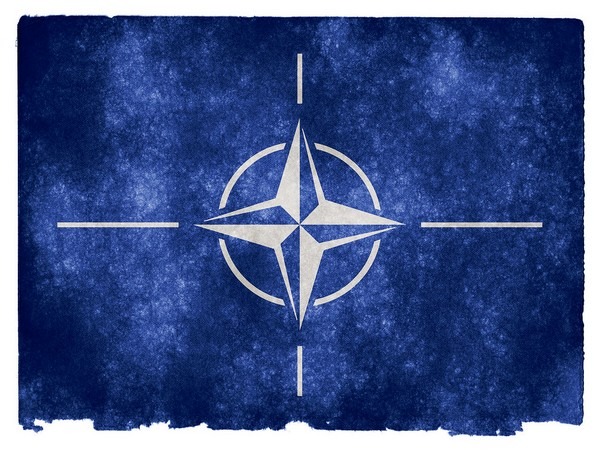NATO Bolsters Defense as Baltic Sea Cable Severing Raises Tensions
NATO's 'Freezing Winds' naval exercise comes in response to recent severing of communication cables in the Baltic Sea, highlighting vulnerabilities in crucial infrastructure. Despite challenges like harsh sea conditions impairing equipment, NATO aims to enhance security through advanced technology and strategic patrols, amidst rising political and military tension.

Amid rising tensions, NATO has launched one of northern Europe's largest naval exercises in response to the recent severing of communication cables in the Baltic Sea, a crucial artery for global shipping. The 12-day 'Freezing Winds' drill involves 30 NATO vessels and 4,000 military personnel focused on securing vulnerable infrastructure.
Recent incidents have spotlighted the fragility of undersea cables and pipelines, with NATO member states ramping up efforts to protect these assets. Challenges remain, as illustrated by the difficulty of operating underwater drones during treacherous sea conditions. Nevertheless, innovative technologies and increased patrols provide a line of defense.
Questions persist regarding the root causes of these cable disruptions, often attributed to shipping accidents. While investigations continue, NATO's strategic presence serves both as a deterrent and a preparatory measure against potential threats, underscoring the complex geopolitical dynamics in the region.
(With inputs from agencies.)










